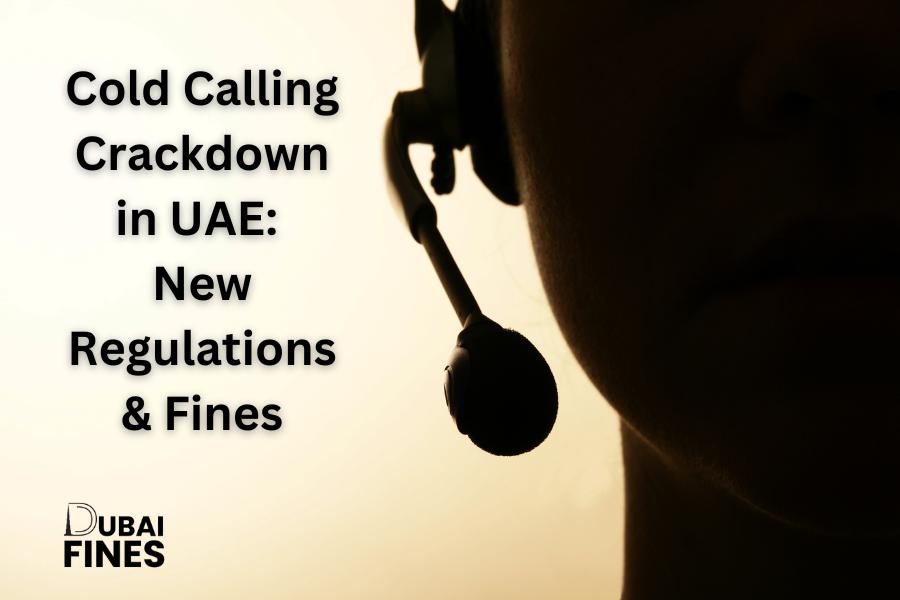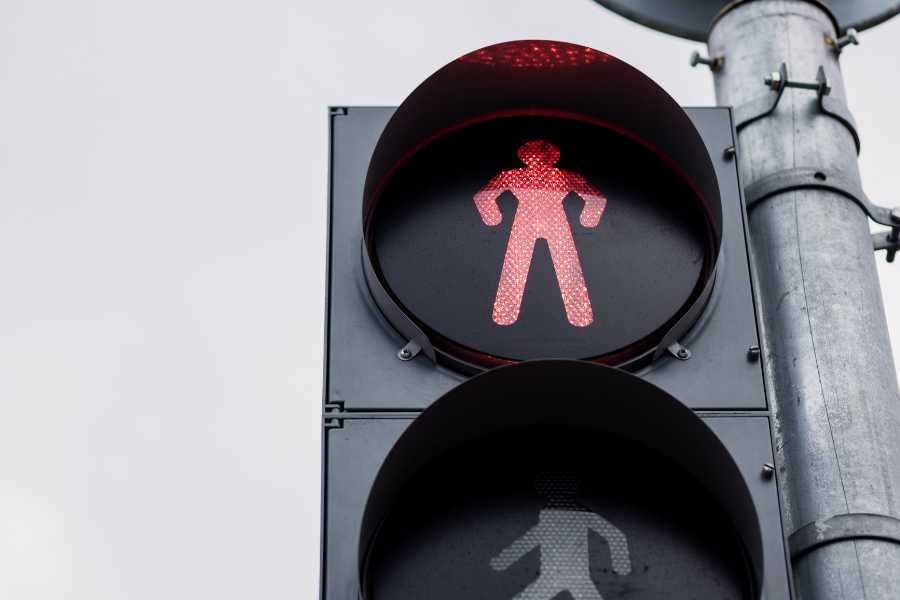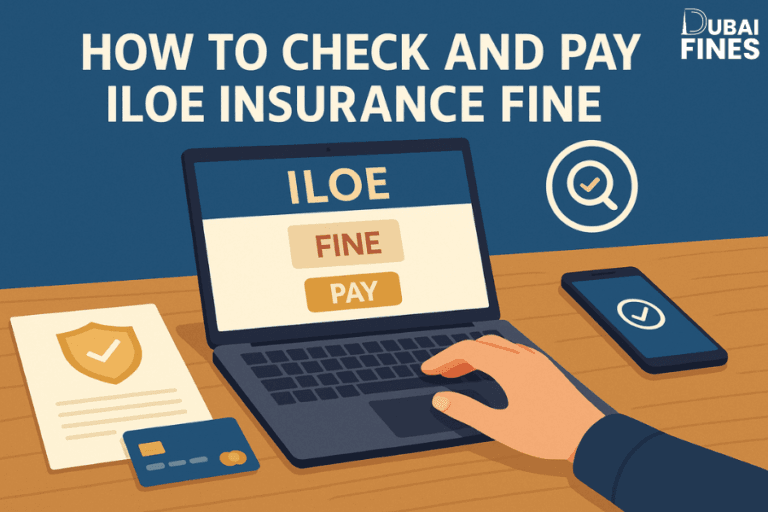Cold Calling Crackdown in UAE: New Regulations & Fines
Are you tired of unwanted sales calls?
The UAE government is taking action to protect residents from the constant and sometimes annoying cold calling made by telemarketers.
Starting on August 27, new rules will make it harder for telemarketers to be too pushy. These rules will limit how often and how long they can call you. This will give you more control over your communication and protect you from annoying sales calls.
Growing Annoyance Of Cold Calls in the UAE
Many people in the UAE have been bothered by unwanted sales calls. These calls can be annoying, take up your time, and even make you feel scared. Some people say they get lots of calls every day, even after they tell the callers to stop.
Cold calls can be:
Annoying interrupts your day and wastes your time.
Harassing as some callers can be pushy and try to force you to buy something.
Scary making you feel uncomfortable and unsafe.
As reported to Khaleej Times:
A woman, Allaine Galvez was called by the same person many times for months. She told the caller she didn’t have any money to invest, but the caller kept calling her.
The UAE government is now making new rules to stop unwanted sales calls. These rules will set limits on how often and how long telemarketers can call people. There will also be punishments for companies that break these rules.
Telemarketing companies are changing their ways to avoid getting in trouble. They are making fewer calls and being more polite to people.
Telemarketers Making Changes to Avoid Penalties
To avoid getting fined, telemarketing companies in the UAE are changing how they work. One big change is that they are making fewer calls. This is to stay within the limits set by the government.
Another change is that telemarketers are being more careful about who they call. They use data to find people who might be interested in their products or services. This helps them reduce the number of unwanted calls.
Syyed Azim, a customer service agent told Khaleej Times that he used to make a lot of calls. But now, his target is much lower. He only needs to make 7 to 10 calls per day.
Telemarketers are changing their approach. They are using new strategies to avoid penalties. Instead of making a lot of calls, they are focusing on making sales. They are also following strict rules about when and how they can call people.
Penalties For Unwanted Telemarketing Calls
The UAE government is making new rules to stop telemarketers from making unwanted calls. These rules include big fines for telemarketers who break the rules.
The new rules say that telemarketers must get your permission before calling you. They must also tell you who they are and why they are calling.
The government has also set limits on when telemarketers can call. They cannot call you too often or too late at night. Telemarketers who break these rules can be fined between Dh5,000 and Dh150,000.
How to Stop Unwanted Sales Calls?
There are several ways to protect yourself from intrusive calls. While the new cold-calling law is still on the way, you can already take steps to block unwanted numbers and enjoy peace and quiet.
The Kashif Initiative: Your Caller ID Helper
One helpful tool is the Kashif initiative. This service automatically registers companies with their corresponding phone numbers. So, when an unknown number calls you, you’ll see the company’s name displayed on your caller ID. This lets you choose if you want to answer the call or not.
Join the Do Not Call Registry
If blocking numbers doesn’t do the trick, you can also sign up for the UAE’s Do Not Call Registry (DNCR). By registering your number, you’re telling telemarketers that you don’t want to receive their calls.
Additional Tools for Blocking Unwanted Calls
Besides the Kashif initiative and the DNCR, you can also use the following tools to block unwanted calls:
- Smartphone settings: Most smartphones have built-in features that allow you to block specific numbers.
- Third-party apps: There are many apps available that can help you block unwanted calls and messages.
Insurance Agents and Telecom Executives Adapt to New Rules
Insurance agents and telecom executives in the UAE have changed their ways to follow the new cold-calling rules. They are now being more open, respecting customers’ privacy, and not using pushy sales tactics.
Insurance Agents’ New Approach
Insurance companies like Zeyan Salem are changing how they sell. They use lists to find customers whose policies are about to end and call them at the right time.
Salem says it’s important to be open and respect customers. Agents must say who they are and what company they work for, and ask customers if they can record the call. They are not allowed to push customers or make fake deals to sell more. If a customer doesn’t want a policy, agents cannot call them again for three days.
Telecom Executives Respecting Customer Privacy
Telecom companies have also made new rules for their agents. Amir Hussain, a telecom executive, explains that agents must now respect customers’ privacy and ask permission before talking to them. If a customer is busy or doesn’t want to talk, agents are told to find a better time to call back.
Agents are also allowed to call customers less often. They cannot call more than once a day or three times a week. This is to make sure customers are not annoyed by too many calls.
Conclusion
The UAE government is taking action to stop unwanted calls. This is good news for residents who are tired of being harassed by telemarketers.
By imposing fines and making strict rules, the government is saying that unwanted calls will not be tolerated. This means that residents can expect to get fewer and less annoying calls in the future.
Also Read:
New UAE Labor Laws: A Step Towards a Fairer Workforce
Dubai’s Unique Dh40 Million Mall Initiative for Mosque Support
Why Dubai Banned E-Scooters in JBR: New Rules and AI Enforcement







